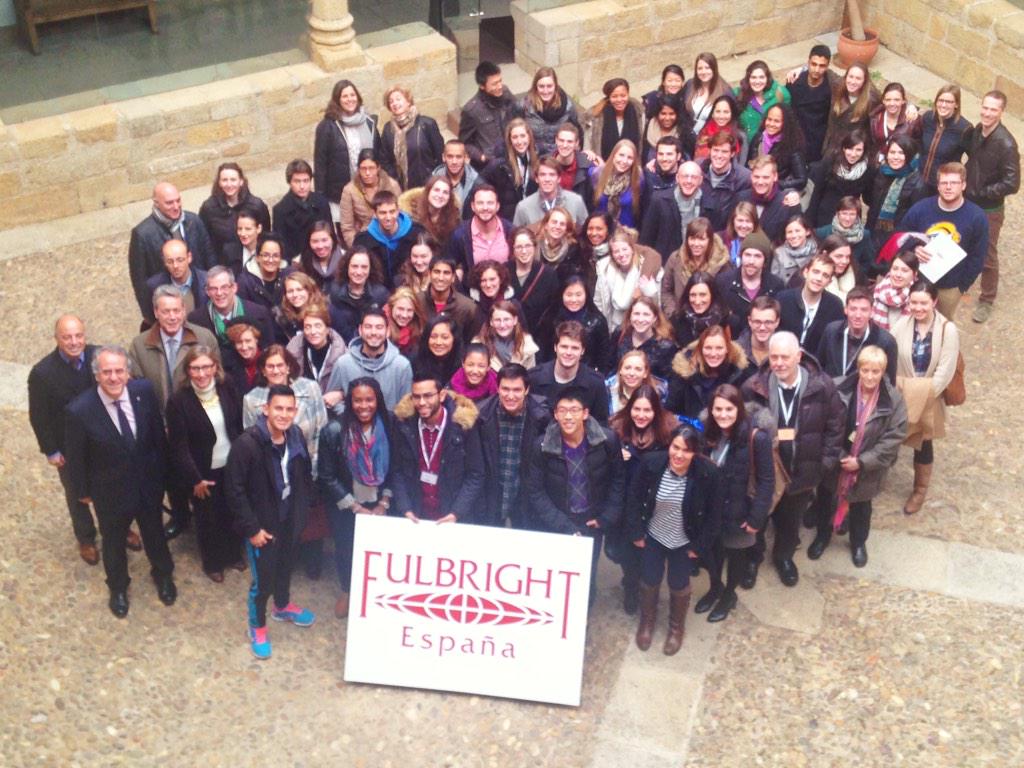Rebecca Smaha ’15: Fulbright Scholar in Madrid, Spain (2014-2015)

How did you discover and attain this research opportunity?
I learned about the Fulbright U.S. Student Program through an on-campus info session on fellowships the summer after my junior year. Walking out, it suddenly occurred to me that it’d be a great idea to spend a year working in a lab in another country, probably a Spanish-speaking country given that I speak Spanish. So my thesis advisor (Professor Cava) helped me reach out to solid state chemistry professors, and a Spanish lab eventually agreed to host me. Then I applied for a Fulbright with the help of the Office of Fellowship Advising.
When and where was your research experience?
I am currently working in a solid-state chemistry lab at the Universidad Complutense de Madrid with Professor Miguel Ángel Alario Franco. The lab is in the Inorganic Chemistry Department in the School of Chemical Sciences. My grant is nine months long, September 2014 to June 2015.
What was your research project?
I am attempting to synthesize new double perovskite compounds that may be multiferroics—having both ferroelectric and ferromagnetic ordering simultaneously. One specialty of this lab is its high pressure equipment, which allows for the isolation of compounds that may only be stable at extreme conditions of temperature and pressure.
What were the highlights?
Scientifically, the highlights have been the opportunities to learn some new techniques (high pressure synthesis as well as electron microscopy) and to integrate into a new lab culture. The Fulbright program in Spain has provided me with some amazing experiences this year, including a joint conference in northern Morocco with the Moroccan Fulbrighters on the relationship between the two countries, and a trip to meet the King of Spain at the Prince of Asturias Award ceremony, which the Fulbright program won in 2014.
What did you take away from this experience?
First of all, only Spanish is spoken in the lab, so my Spanish has improved drastically—especially scientific vocabulary, although the learning curve was steep at first. Secondly, I think living in a foreign country has been a very valuable experience for me. It has helped me mature and become more independent both personally and as a researcher. It’s been a good way to transition from an undergraduate researcher to a graduate-level researcher; I’ve had to be wholly responsible for my projects and my time.
